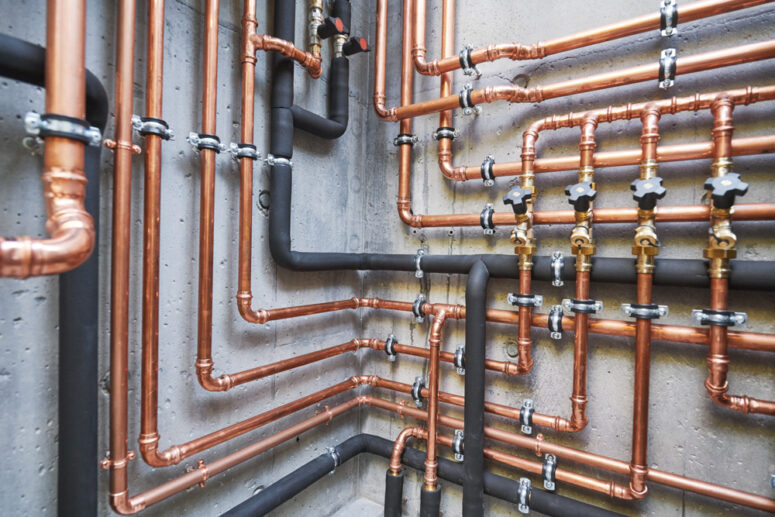Installation
Critical service that involves setting up a new heat pump system in a residential or commercial property. Here are the key steps involved in the installation process:
-
System Selection:
Based on the assessment, the technician will recommend a suitable heat pump system that matches the property’s needs and budget. This may include options such as air-source heat pumps or ground-source (geothermal) heat pumps. -
Preparing the Site:
The installation site needs to be prepared before the heat pump can be installed. This may involve clearing the area, making necessary adjustments to accommodate the heat pump unit, and ensuring proper access for maintenance and service. -
Ductwork or Hydronic System Integration:
If the property has an existing ductwork system, the technician will connect the heat pump to it. In cases where ductwork is not available or feasible, a hydronic system (such as radiant floor heating) may be used, and the heat pump will be integrated accordingly. -
Electrical Connections:
Heat pumps require electrical connections to operate. The technician will ensure that the necessary electrical wiring is installed correctly and safely, following local electrical codes and regulations. -
Refrigerant Lines and Plumbing:
Refrigerant lines are vital for heat transfer in a heat pump. The technician will carefully connect the refrigerant lines, ensuring proper insulation and leak-free connections. In some cases, plumbing connections may also be required for hydronic systems. -
Testing and Commissioning:
Once the installation is complete, the technician will test the system to ensure it is functioning properly. This includes checking refrigerant levels, verifying proper airflow, testing electrical connections, and confirming that the heat pump is heating and cooling effectively. -
Customer Orientation:
The technician will provide the property owner or occupants with a basic orientation on how to operate and maintain the heat pump system. They will explain the thermostat settings, maintenance requirements, and answer any questions the customer may have.
It’s important to hire a qualified HVAC professional or heat pump specialist for the installation process. They will have the necessary knowledge, experience, and equipment to ensure a proper and efficient installation, maximizing the performance and lifespan of the heat pump system.

